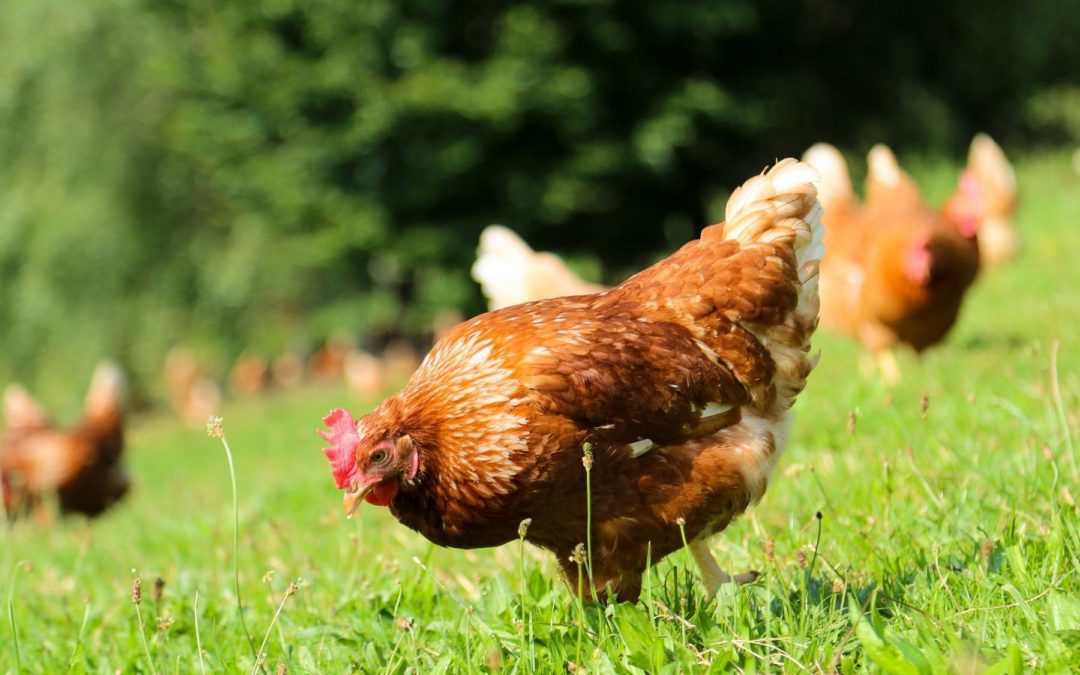Does the fact that a product is natural or organic mean it is safe to use for yourself and your pets? The answer to this question is a definitive no. There are many naturally occurring minerals and plants that are deadly to living things, such as arsenic and lead, or oleander and hemlock. Caution and common sense must be used when evaluating any product, natural ones included.
Let us consider diatomaceous earth, a chalk-like powder made up of fossilized diatoms. You see it being sold online and in stores, hailed as a natural insecticide for your home and your pets. Made almost entirely of silica, it is definitely a natural product. But is it safe?
The first clue that this product is not benign can be found on the packaging, where a warning label states that diatomaceous earth can be hazardous to humans and animals. It is recommended that a dust mask be worn whenever applying the product, and that it should not be inhaled or allowed near the eyes. These are important warnings, as the sharp-edged diatoms can cause painful eye irritation, and inhaled silica can cause pneumoconiosis, an incurable disease of the lungs characterized by inflammation, coughing, and scarring.
You have read the warning label and are prepared. You’ve got your goggles and dust mask on, and are ready to apply diatomaceous earth to your pets. Is there anything else you need to worry about? The answer unfortunately is yes. The warnings against inhaling the product or getting it in eyes applies equally to animals. And it is very hard to find a dust mask and goggles that fit a chicken.
Here at the Exotic Pet Clinic of Santa Cruz it is not uncommon for us to see pet chickens in respiratory distress or with eye injuries due to diatomaceous earth. Well-intentioned owners concerned about skin parasites are repeatedly dusting their hens with the powder, or putting it into boxes for them to bathe in. And while we can provide these chickens with supplemental oxygen and flush out their eyes, we cannot remove the silica from their airways.
So please, if you see skin parasites on your chickens, don’t reach for diatomaceous earth. There are many more effective alternatives that won’t cause harm to your pet’s eyes and airways. Please consult your avian veterinarian for further advice.

